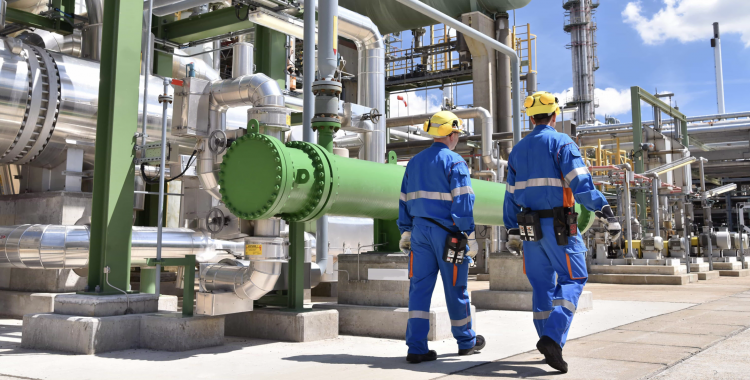The data appears in a preview about Angola in the period 2024-2028, prepared by the Economist Intelligence Unit (EIU), to which Lusa had access.
According to EIU analysts, oil production will increase in the medium term, as the government attracts new investments, with new public tenders scheduled for 2025 expanding to the 'onshore', also arousing interest among Chinese companies .
At the same time, reforms in the sector, which include cutting rates and the possibility of 'joint ventures' between the oil company Sonangol and foreign companies, will allow an increase in oil production, estimated to reach 1.4 million barrels/day in 2028, against 1.1 million barrels/day forecast in 2023.
Angola's joint ventures with international companies will also help expand its natural gas production, attracting European countries looking to diversify their gas supply, minimizing Russian dependence.
The new gas consortium – led by Sonangol and Italian energy company Eni, among other partners – is developing an offshore unit and aims to produce 4 billion cubic meters per year, starting in 2026.
On the other hand, the broader political objective of replacing fuel imports should drive market liberalization as refining capacity increases, the EIU document highlights.
Analysts consider, however, that the planned removal of fuel subsidies will have a waiting period in 2024, being resumed in 2025, as national oil refining capacity increases, with the entry into operation of the Soyo and from Lobito.
"As private companies will not be willing to sell fuel if prices at the pump are lower than the regional market price, we expect the government to completely remove all fuel subsidies by the end of 2026", indicates the EIU report, according to the which economic diversification will continue to progress slowly, with the oil sector being "an engine of growth".
With regard to privatizations, the EIU predicts that the largest – and most valuable – assets will take longer to privatize, "due to a lack of political commitment and transparency, coupled with endemic corruption, regulatory obstacles and lack of internal competition, which limits investment".
National authorities may instead try to restructure large assets through strategic partnerships with private companies, rationalization of operations to reduce costs and changes in management – while maintaining tight control over the economy.
The oil company Sonangol, the diamond company Endiama, the airline TAAG, the telecommunications company Unitel are some of the assets included in the government's privatization program until 2026.







